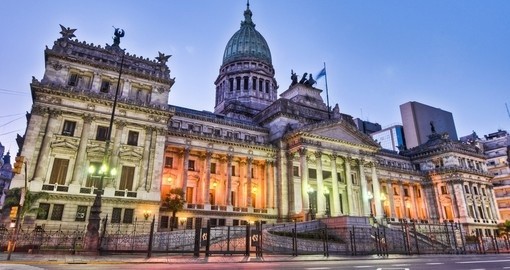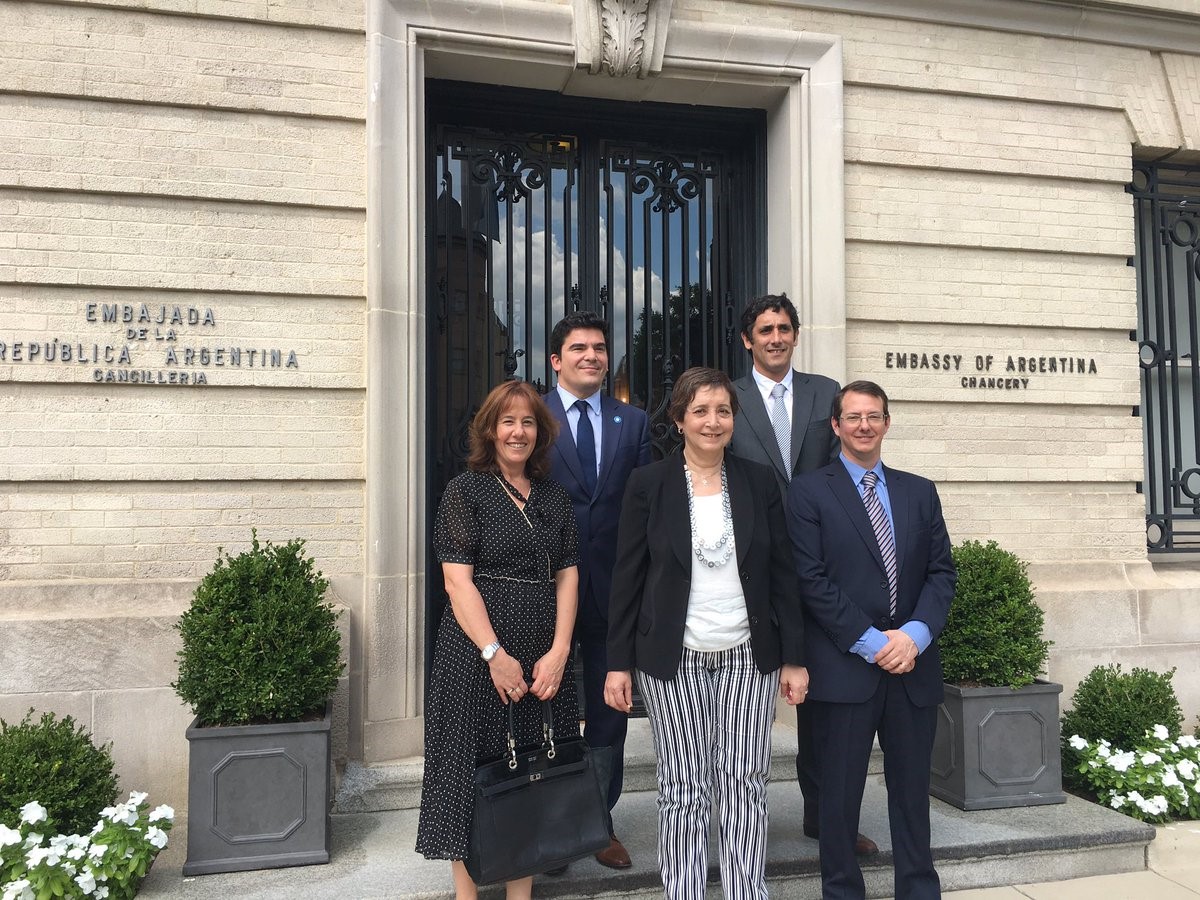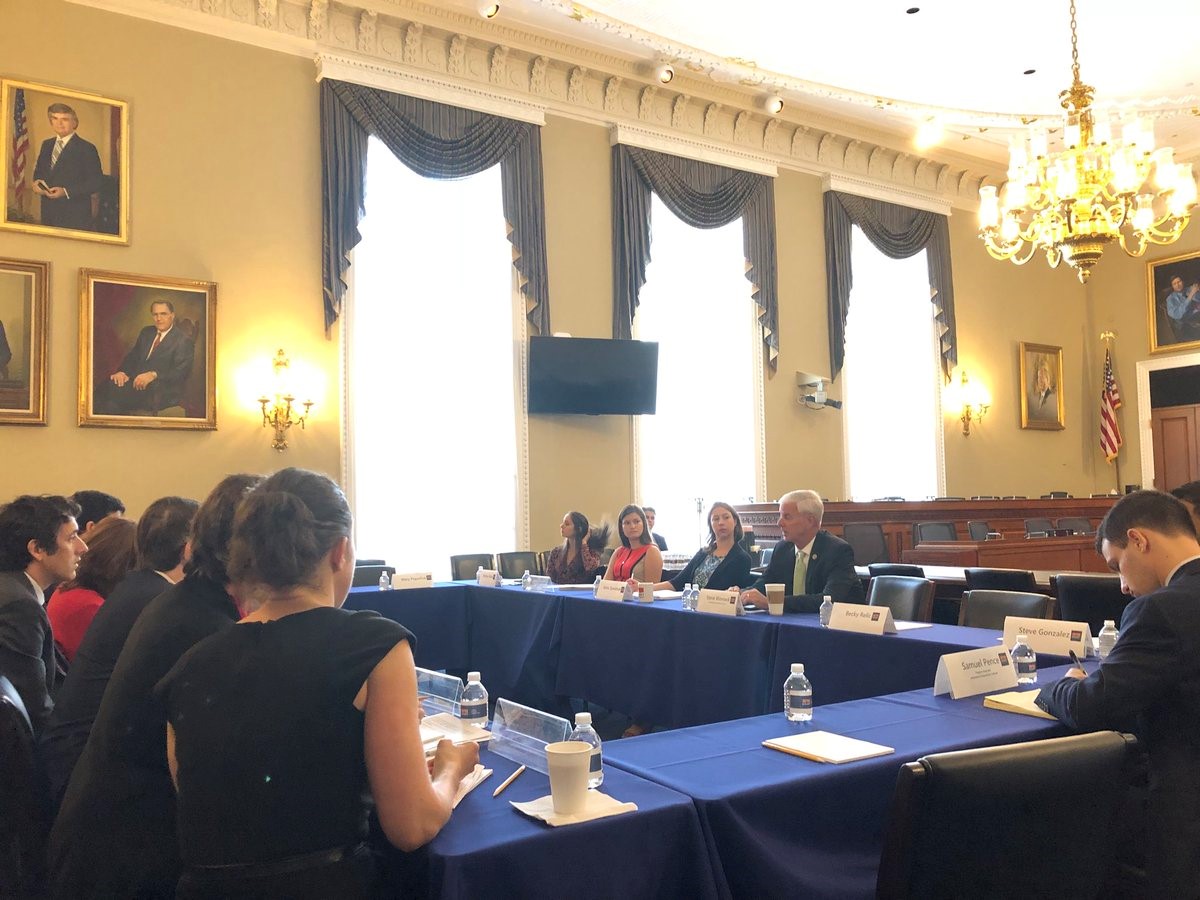Why a Budget Office Matters for Argentina

Since Argentina’s return to democracy in 1983, the National Congress has struggled to escape the country’s long shadow of hyper-presidentialism. With the launch of the Argentine Congressional Budget Office, the future looks bright.
At the end of 2016, Argentina’s Chamber of Deputies approved legislation establishing the country’s Oficina de Presupuesto del Congreso (OPC), or Congressional Budget Office. While the move installed one of the continent’s first independent fiscal oversight bodies, the OPC’s real significance lay in its sharp departure from a legacy of concentrated executive power – one that has hindered Argentina’s modern governments.
In 1930, a military coup ended seven decades of constitutional government in Argentina. Over the next 46 years, a revolving door of democratically elected leaders and military regimes culminated in the junta-led Dirty War, transforming a once limited executive into one of the region’s most iron-fisted institutions. Ten consecutive civilian administrations have since somewhat successfully worked to reverse the impact of long-term nationalization, debt and instability
Still, old habits die hard. Today, reformist president Mauricio Macri inherits an economy further warped by a decade of capped prices and commercial isolation at the hands of predecessors Néstor and Kristina Fernández de Kirchner. While current leaders are hardly blameless, such mismanagement has fueled the country’s present inflation crisis. On September 1, the peso sank to less than half its value the year prior, continuing a dramatic freefall that shows no signs of slowing.
This is not just bad news for the economy. In 2012, a group of Turkish economists published a study showing a statistically significant link between inflation and corruption in 97 countries. Due to its downward pressure on real wages and purchasing power, inflation was found to encourage more dubious sources of revenue “such as bribery, deceptions, jugglery, lobbying and rent-seeking activities.”
Over the coming months, the recently-established OPC will enter this fray. On the surface, its mandate is a simple one: to conduct cost estimates of the executive’s proposed budget and analyze fiscal impacts of pending legislation. But Latin Americans, better than most, know that righting a country’s financial ship is as much a crusade for justice as a path to prosperity. Like it or not, the OPC will be joining the fight against corruption.

As a first step, the office aims to learn best budget oversight practices and forge relationships with peer institutions. To aid in this effort, IRI recently facilitated a weeklong exchange between the OPC and Washington, D.C.-based budget entities, including the U.S. Congressional Budget Office (CBO), the House Budget Committee and the D.C. Council Budget Office. OPC staff received guidance from past and present budget office leaders on evaluating legislation, supporting congressional committees and maintaining nonpartisanship.
The real work, however, begins now. With financial catastrophe looming, Argentines in favor of shared power and transparency will hope to see Congress work with the OPC to curb its historic deference to the executive, reassert its claim to budgetary decisions and boost citizen participation. Those skeptical of these changes will call for a return to the budget-by-decree arrangement that existed under both Kirchner administrations.
The two sides will soon have their say. Argentina’s next presidential election takes place October 2019 and the competition promises to be fierce.
In the meantime, OPC staff will be working across party lines to provide accurate, objective budget assessments ahead of key congressional votes. While their work may not grab headlines, it may seize something even more important: an opportunity for Argentina to move from the shadows of past leaders and into the light of co-equal, democratic branches of government.

Top